People
Staff

Zachary O’Hagan (Manager) received his PhD in linguistics from the University of California, Berkeley in 2020, with a dissertation titled Focus in Caquinte, an Arawakan language of Peru. His research centers on the documentation of Amazonian indigenous languages, on the people who speak them, and their history and culture. He is a generalist and arealist, with theoretical interests in morphosyntax, semantics, information structure, and historical linguistics. Since 2010 he has carried out fieldwork in Peru on Caquinte and Chamikuro (Arawakan), Omagua (Tupí-Guaraní), Taushiro (isolate), Urarina (isolate), and Omurano (isolate). In 2019 he edited Tsabetsatsarentsipae itionkantajitakaroka igenketsatsare kakinte, a monolingual volume of stories in Caquinte.
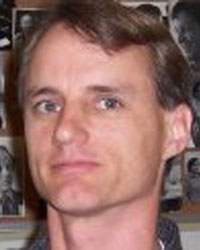
Ronald Sprouse (IT Specialist) has worked as a linguist and programmer on a number of language documentation projects in addition to his work with the Survey. He served as Technical Director of the Ingush and Chechen projects that resulted in the publication of two dictionaries; in support of these projects he conducted fieldwork with Ingush and Chechen consultants, worked on lexical databases, and created a web-based system for collecting and annotating interlinear text. He was also a significant contributor to the Turkish Electronic Living Lexicon project, a lexical database of transcribed audio recordings for studying Turkish morphophonemics, for which he created a web-based search interface and tools for investigating the statistical properties of morphophonemic alternations in the data.
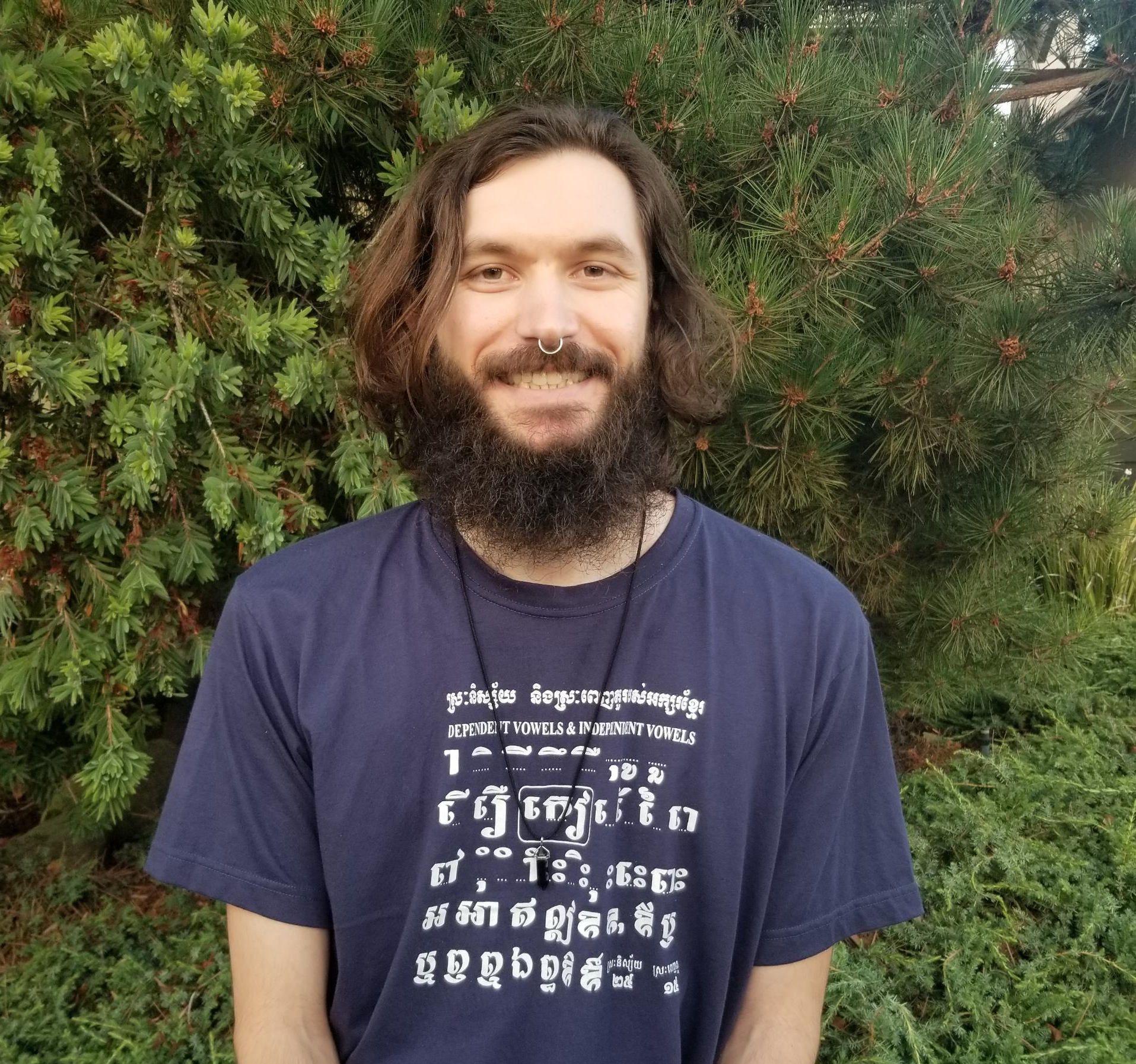
Tyler Lee-Wynant (Assistant; Graduate Student, Linguistics) works on California Indigenous languages with a focus on the Pomoan languages and Hupa (Pacific Coast Dene). He is involved in projects which process archived language documentation for the development of machine-readable resources (e.g., online dictionaries, text corpora, content indexes). His current projects are: developing a Northern Pomo (his heritage language) language course, directing an Eastern Pomo dictionary/text corpus project, and conducting fieldwork on Hupa. His research interests include morphosyntax, fieldwork, documentation, language reawakening, and the synergism between these.

Nyssa Combs (Assistant; Undergraduate Student, Linguistics and Celtic Studies) has a long-standing interest in heritage languages, archival work, language revitalization. At the CLA, she primarily has processed materials related to Indigenous languages in Brazil and Peru, and her personal research focuses on English phonetic variation in California. After receiving her undergraduate degree, she is pursuing an MS in Speech Language Pathology.
Sophia Hsu (Assistant; Undergraduate Student, Data Science) is interested in language learning, archival work, and information access. She has processed hundreds of anthropological and linguistic materials for preservation at the CLA, primarily in Armenian, Ashaninka, Kawaiisu, and other California Indigenous languages. She is in her final undergraduate year of Data Science with an emphasis in Linguistic Sciences.

Andrew Garrett (Director) is Professor of Linguistics and Nadine M. Tang and Bruce L. Smith Professor of Cross-Cultural Social Sciences. As a Californianist he has done linguistic fieldwork, archival work, and consulting work with the Hupa, Karuk, Northern Paiute, Rumsen Ohlone, and Sierra Miwok languages, but he mainly focuses on Yurok and Karuk (in northern California). His Yurok projects include articles on descriptive and historical linguistics, contributions to the tribal language program (including a practical dictionary compiled with Juliette Blevins and Lisa Conathan), ongoing work on Yurok texts, and a digital text and lexical archive. In Yurok grammar, Garrett is especially interested in relations between lexical and morphological structures on the one hand, and between lexical and syntactic patterns on the other; his book Basic Yurok appeared in 2014. His Karuk projects, in collaboration with Line Mikkelsen and several graduate students, include a database of texts, research on the language’s interesting syntactic patterns, and a co-edited volume of ten texts recorded in 1901 and 1902. More generally, he studies the dialectology of languages of the west coast and the emergence of the distinctive California linguistic profile. Outside California, Garrett also worked on Indo-European historical linguistics, especially Anatolian, Greek, and Latin, and general problems of language change and linguistic reconstruction.
Affiliates
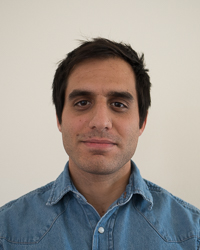
Nicolas Arms (Graduate Student, Anthropology) is interested in the ethnography, linguistics, and historical ecology of southwestern North America and the Gran Chaco. As part of a broader dissertation project on human-environment relationships and settler colonialism in the coastal Sonoran Desert region, his current language-centered research focuses on the history of plant and animal names in Cmiique Iitom (or Seri) and the Indigenous languages of the Baja California peninsula. He has also carried out fieldwork with speakers of ‘Weenhayek in communities along the Pilcomayo River in southeastern Bolivia, and he continues to pursue research on several topics in comparative Mataguayan and Guaykuruan linguistics.
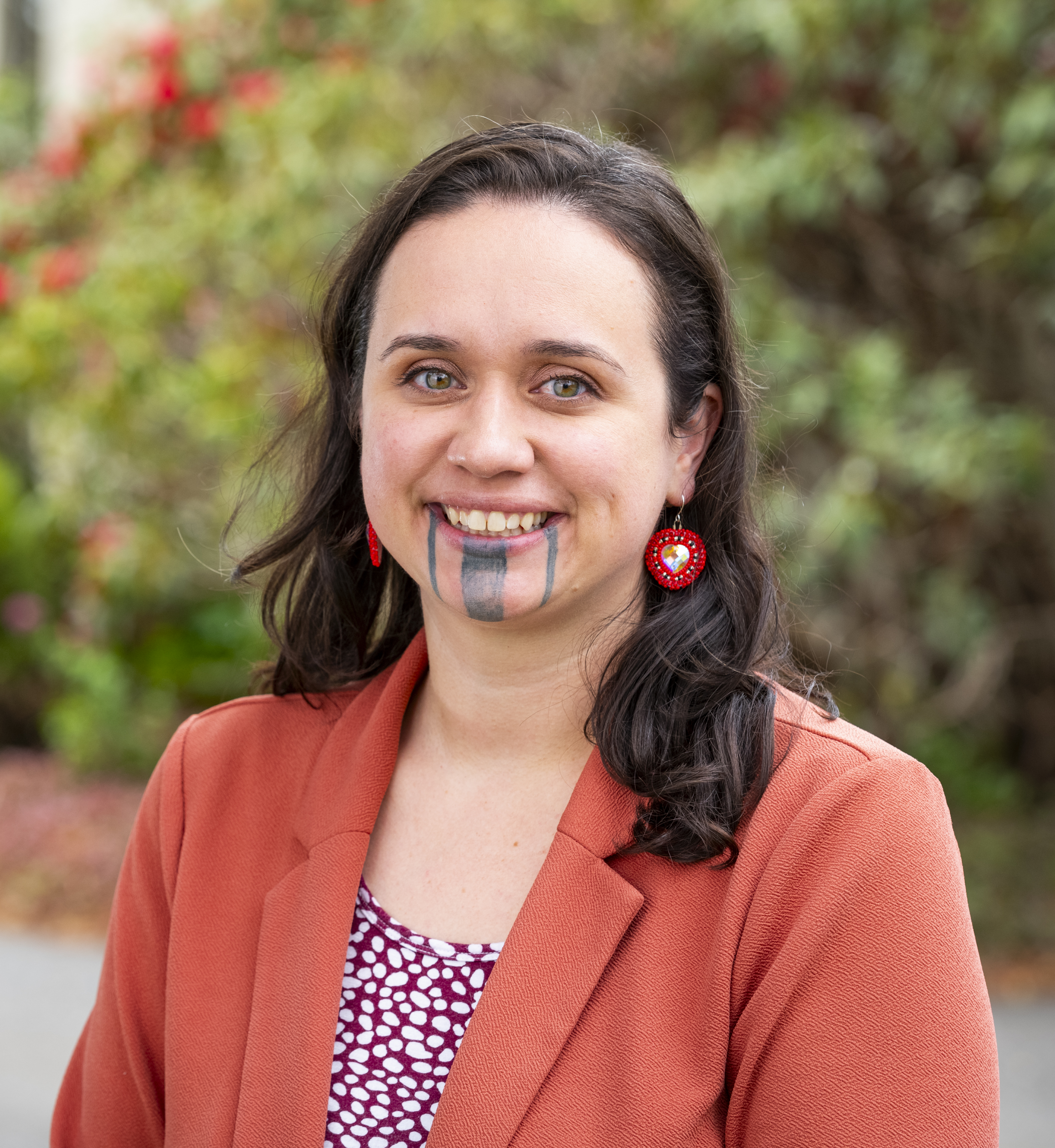
Kayla Begay (Hupa; PhD 2017, Linguistics) received a BA from Stanford and wrote her dissertation Wailaki Grammar on a Dene language spoken along the Eel River in northern California. Now an Assistant Professor of Native American Studies at Humboldt State University, her research focuses on Dene languages, and on historical-comparative linguistics for language revitalization within the Wailaki and Hupa communities. While at Berkeley she also worked with speakers of Karuk. Begay is a coauthor of “Xoch Na:nahsdetl-te: Survivance, resilience and unbroken traditions in northwest California” (2019, with Cutcha Risling Baldy, in Ka’m-t’em: A Journey Toward Healing), and has contributed to the Hupa Online Dictionary and Texts project (at UC Davis). She is also a member of the board of the Advocates for Indigenous California Language Survival.
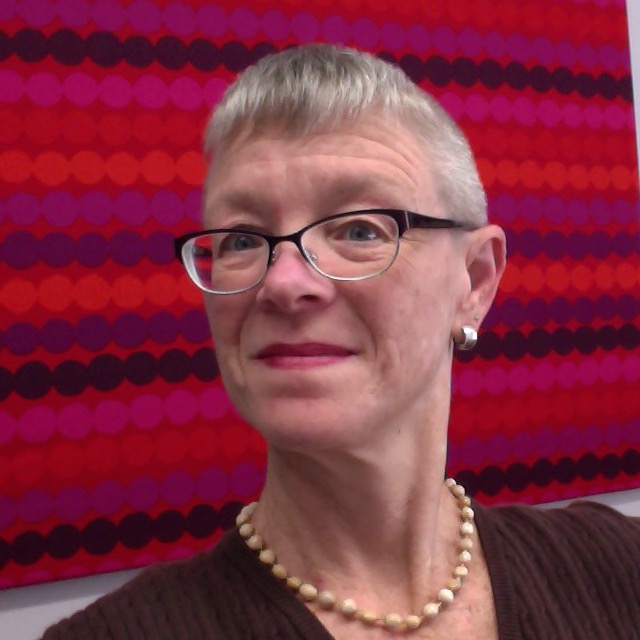
Christine Beier (Assistant Adjunct Professor of Linguistics) dedicates her research and field activities to the documentation, description, revitalization, and revalorization of small and endangered languages, primarily in Peruvian Amazonia. She is particularly interested in the social life of language, including factors affecting language vitality; the intersection of linguistics and scholarship with language-community service; text-driven description and analysis; and working to bring data from Amazonian languages to bear on questions in typology and tonology. Thus far, she has worked with inheritors and speakers of Andoa (also: Katsakáti; Zaparoan), Aʔiwa (isolate), Chamikuro (Arawakan), Iquito (also: Ikíìtù; Zaparoan), Matsigenka (Arawak), Máíhĩ̀kì (also: Orejón, Tukanoan), Nanti (Arawak), Muniche (isolate), Omagua (Tupí-Guaraní), and Záparo (also: Sápara; Zaparoan).
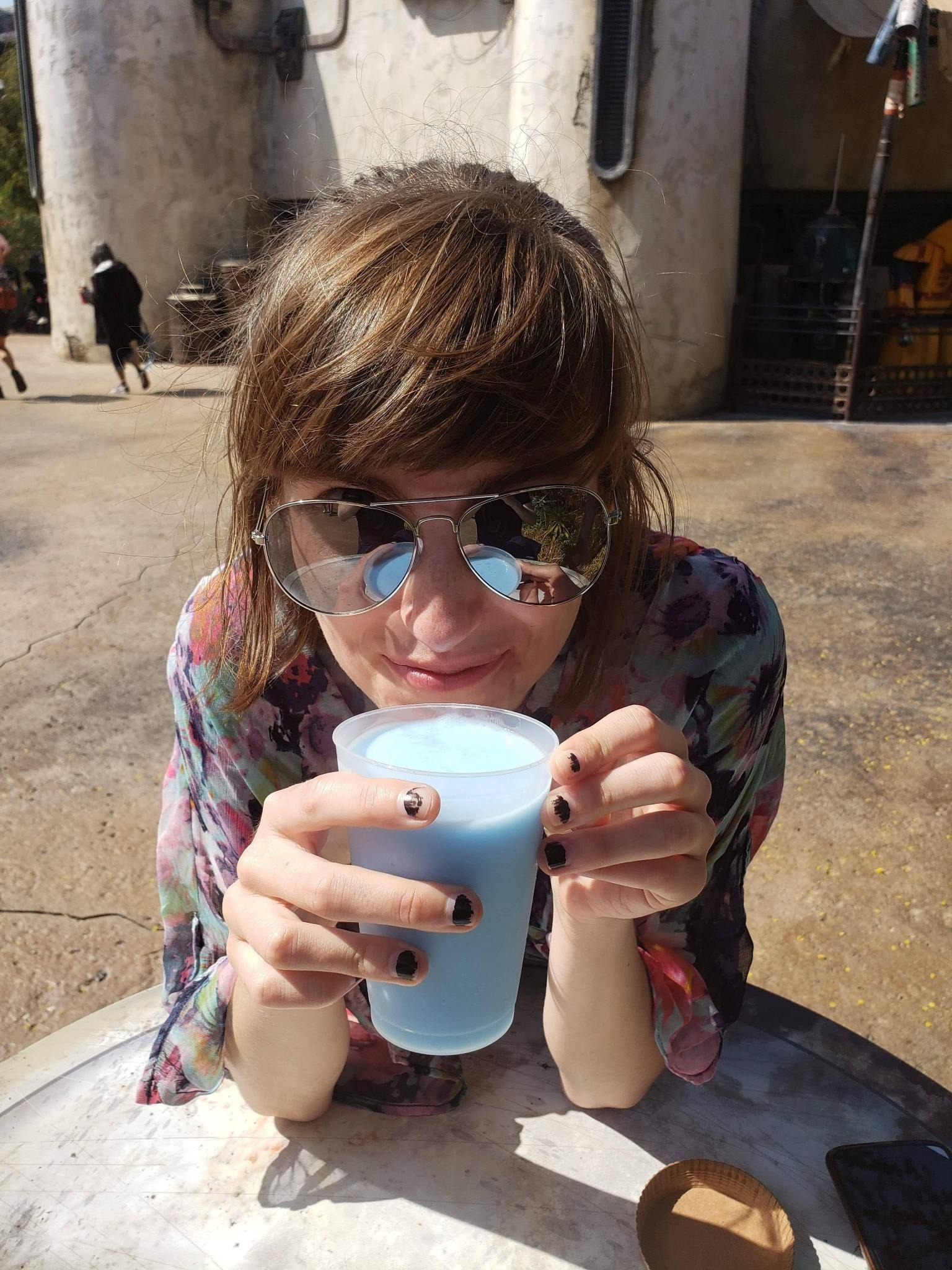
Anna Björklund’s (PhD 2025, Linguistics) primary research interests are in the phonetics and revitalization of the Wintuan languages of Northern California, which survive through archival materials. She has been a linguist consultant with the Paskenta Band of Nomlaki Indians since 2020, and the Wintu Tribe of Northern California since 2022.

Amy Rose Deal (Professor of Linguistics) has worked for many years with speakers of Nez Perce, a Sahaptian language of the Columbia River plateau. Her interests are broadly in linguistic universals and variation as they relate to syntax and semantics, and ways that formal tools can be brought to bear to better understand linguistic phenomena. Particular interests include case and agreement; attitude reports; perspectival phenomena, especially indexical shift; possessor raising; and mass/count distinctions.

Maksymilian Dąbkowski (PhD 2025, Linguistics) is interested in phonological interfaces and language documentation. Since 2017, he has been carrying out fieldwork on A’ingae (or Cofán, ISO 639-3: con), an Amazonian language isolate spoken in northeast Ecuador and southern Colombia. He has investigated the interactions of stress, glottalization, and morphosyntactic structure in A’ingae verbs. In 2020, Maksymilian worked as a lab manager for A’ingae Language Documentation Project, building a multimedia language corpus accessible to the communities of speakers. His other interests include semantics, language revitalization, logic, and psycholinguistics.
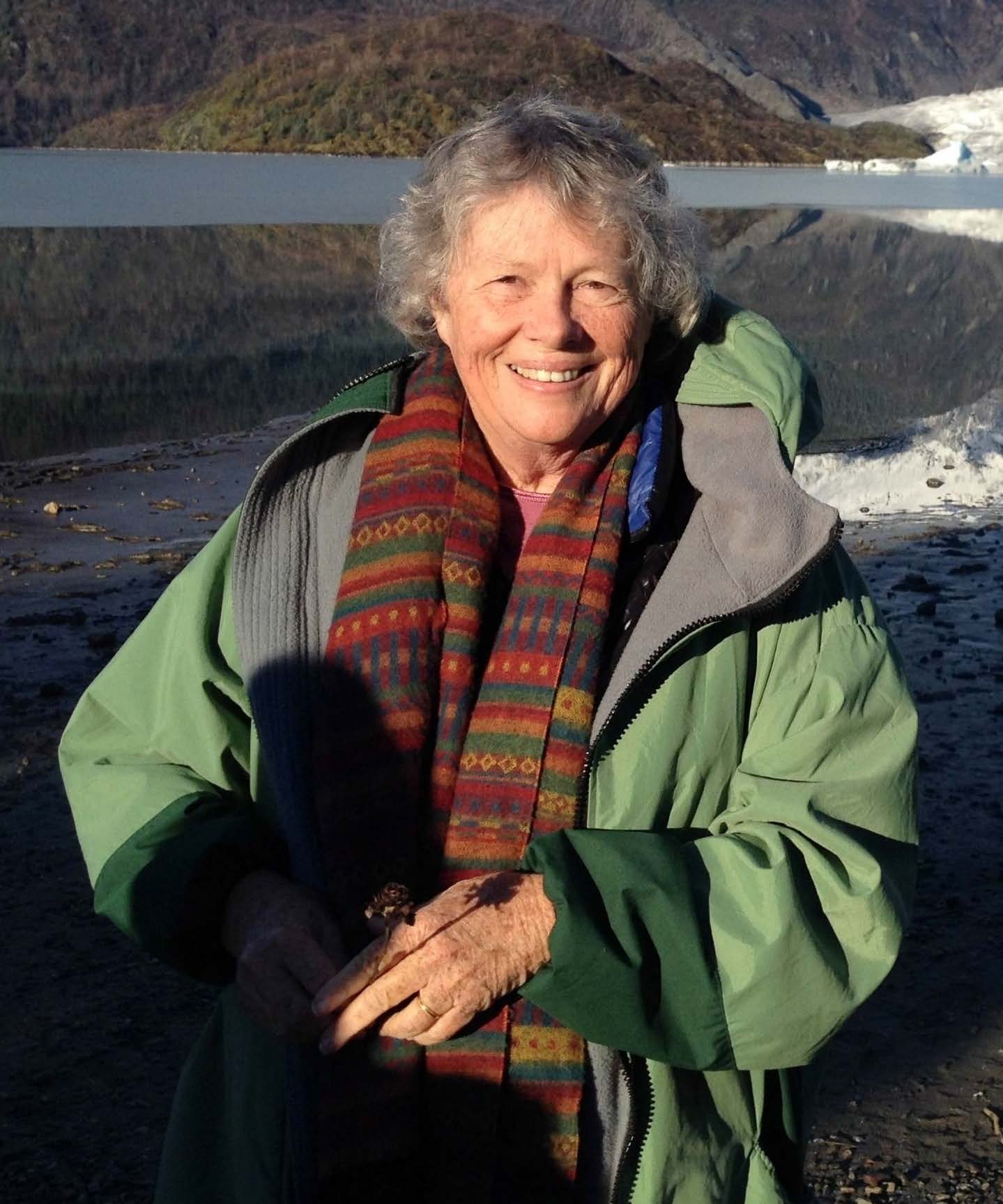
Leanne Hinton (Director Emerita; Professor Emerita of Linguistics) specializes in endangered languages and language revitalization, especially for American Indian languages. She is one of the founders and an advisory board member for the Advocates for Indigenous California Language Survival, and a co-designer of their two main programs, the Master-Apprentice Language Learning Program (MAP), and the Breath of Life archival workshops and institutes for indigenous language recovery, in Berkeley and Washington D.C. (BOL). Her books include Flutes of Fire: Essays on California Indian Languages (Heyday Books, 1994), The Green Book of Language Revitalization in Practice (ed. with Ken Hale, Academic Press, 2001), How to Keep Your Language Alive: A commonsense approach to one-on-one language learning (Heyday Books, 2002), and Bringing Our Languages Home: Language revitalization for Families (Heyday Books, 2013). Her most recent book is The Routledge Handbook of Language Revitalization (co-edited with Leena Huss and Gerald Roche, 2018). Hinton consults around the world for tribes and organizations doing language revitalization.

Edwin Ko’s (PhD 2023, Linguistics) interests focus on the indigenous languages of North America, especially Crow (Siouan) and Northern Pomo (Pomoan). His research interests are broadly in (morpho)syntax, historical linguistics, language contact, language documentation, and language revitalization. Some of his recent work involves an analysis of active-stative agreement, multiple exponence and switch-reference system in Crow, as well as of the use of digital technology in the revitalization of Northern Pomo.
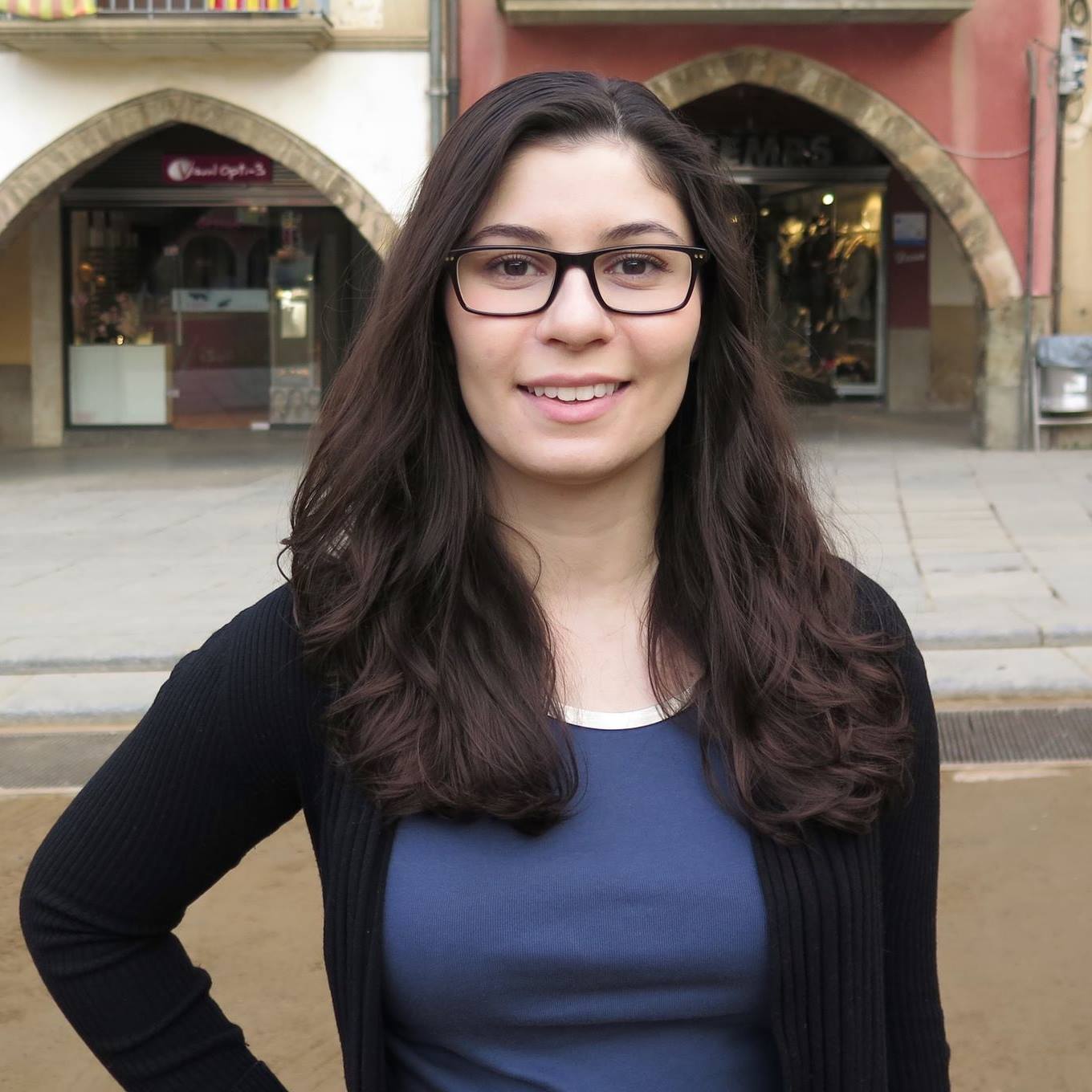
Myriam Lapierre (PhD 2021, Linguistics) is interested in the phonetics and phonology of South American languages, with a particular focus on nasality-related phenomena in the Amazon. She began conducting fieldwork in the Brazilian Amazon in 2014, and has since worked with several languages of the Jê family (Panãra, Me~bêngôkre, Kajkwakhrattxi, and Xavante), as well as Kawaiwete (Tupí-Guaraní). Some of her recent and ongoing work includes a descriptive analysis of the phonology of Panãra, an analysis of nasal coarticulation in Panãra using oral and nasal airflow data, and a typological and theoretical analysis of nasal harmony phenomena in languages of the Tupí-Guaraní family.
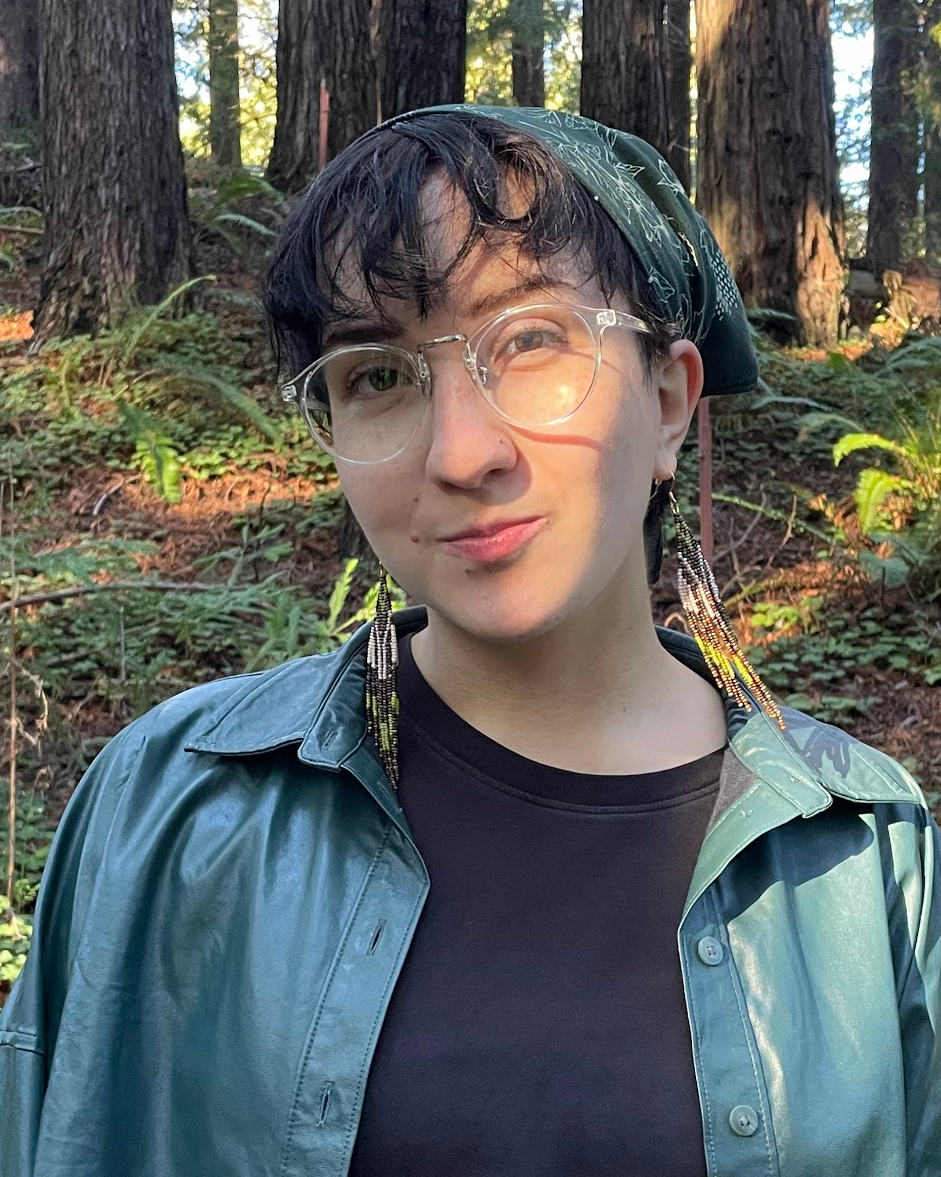
Anna Macknick’s (Graduate Student, Linguistics) work focuses on language reclamation, dialectal variation, and morphology. They are working with Robert Geary (Elem Pomo) on building an online dictionary of Xaitsnue (Southeastern Pomo), along with other community-oriented language materials, to support language learners. Anna has also worked on Northern New Mexican Spanish, their heritage language, primarily with archival materials from UNM’s Center for Southwest Research.

Wendy L.A. López Márquez (Graduate Student, Linguistics) ′iyooxaka′aba Mixe-Zoque ′angmaatyiyaj. Je′m ′ingmaatyi Nuntajɨɨyi (Zoque ′angmaatyi) je′am je′m maj ′iyooxakanewɨ′ɨp. ′Ikusunɨ′yba language documentation, ′ikusunɨ′ybatyim morphosyntax. Sɨ′p sɨ′ ′ikuyujka′ relative clauses ′ingmatyiimɨ′. ′Ikupadɨgɨ′yñe′um ′iga ′ingmaatyi ′ini′ity relative clauses kobagɨ′yyajwɨpɨ′k, dyapɨ′k kobagɨ′yyajwɨ′ɨp, ′i je′m kobagɨ′yyajwɨpɨ′k ′ijojmɨ′.

Erik Maier (PhD 2022, Linguistics) is part of the Karuk Research Unit, a group which conducts regular fieldwork with remaining Karuk speakers, manages an online dictionary and text corpus of the language, works with the Karuk community to support their language revitalization efforts, and is currently building a dependency grammar syntactic treebank of Karuk. His research interests include language documentation and revitalization, morphology, syntax, semantics, and verbal art.

Lev Michael (Professor of Linguistics) carries out ethnographically-informed linguistic research in several communities in Peruvian and Ecuadorean Amazonia, and has worked with speakers of with speakers of Andoa (Zaparoan), Aʔɨwa (isolate), Iquito (Zaparoan), Kashibo-Kakataibo (Panoan), Máíhĩ̵̀kì (Tukanoan), Matsigenka (Arawak), Muniche (isolate), Nanti (Arawak), Omagua (Tupí-Guaraní based contact language), and Záparo (Zaparoan). As an anthropological linguist, his interests include the social instrumentality of deictic evidential categories (especially evidentiality), the formal structure and social function of verbal art, language contact and historical linguistics in Amazonia, language typology, language documentation and grammatical description, and the practice and politics of language revitalization. His blog on Amazonian languages and societies can be found here.
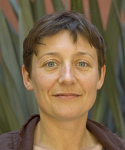
Line Mikkelsen (Professor of Linguistics) has a long-standing interest in indigenous languages of California. She works with Karuk language teacher Florrine Super to develop language teaching and learning materials for Karuk. Over the last decade this work has expanded to include annual campus visits by Florrine and highschool Karuk language students to do classroom presentations on Karuk language and culture. These presentations are part of a broader get-ready-for-college program for the visits. Line has also worked with Vincent Medina, Louis Trevino and language learners and activists to keep Chochenyo, the first language of the East Bay, strong. Most recently, she has developed an interest in Kalaallisut, the official language of Greenland. She is collaborating with Kalaallisut speakers Ellen Thrane and Grethe Schmidt on a variety of grammatical topics, as well as a UC Berkeley course on the history, structure, and sociolinguistics of Kalaallisut. She gratefully acknowledges the guidance of native-speaker linguist Naja Blytmann Trondhjem in this work.
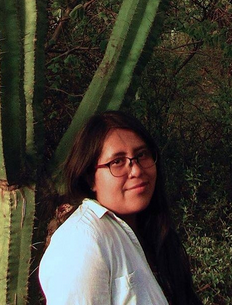
Tzintia Montano Ramirez (Graduate Student, Linguistics) is interested in language revitalization, documentation, and fieldwork. Her work focuses on Mixtecan languages, specially Da’an Davi (Southern Puebla Mixtec, Mexico). Her most recent research studied language ideologies among the Mixtec diaspora community from Puebla and New York. Since then, she has been interested in developing a language documentation project oriented toward create teaching materials for revitalization efforts.
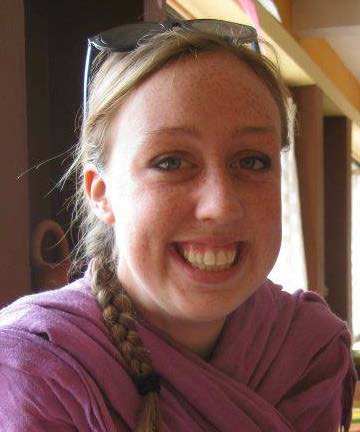
Julia Nee (PhD 2021, Linguistics) is interested in language revitalization and is enrolled in the Designated Emphasis in Indigenous Language Revitalization. After finishing her BA in linguistics at the University of Chicago, she moved to Oaxaca, Mexico to teach English before returning to the U.S. to continue her education. During her time in Mexico, she began to study Teotitlán del Valle Zapotec, an indigenous language spoken outside of Oaxaca City. Her research now centers on language documentation and revitalization within the Zapotec community. She is also involved in Northern Pomo language revitalization, working collaboratively with Erica Carson, Jr., Edwin Ko, and Catherine O’Connor to design and implement language camps at Redwood Valley Rancheria.
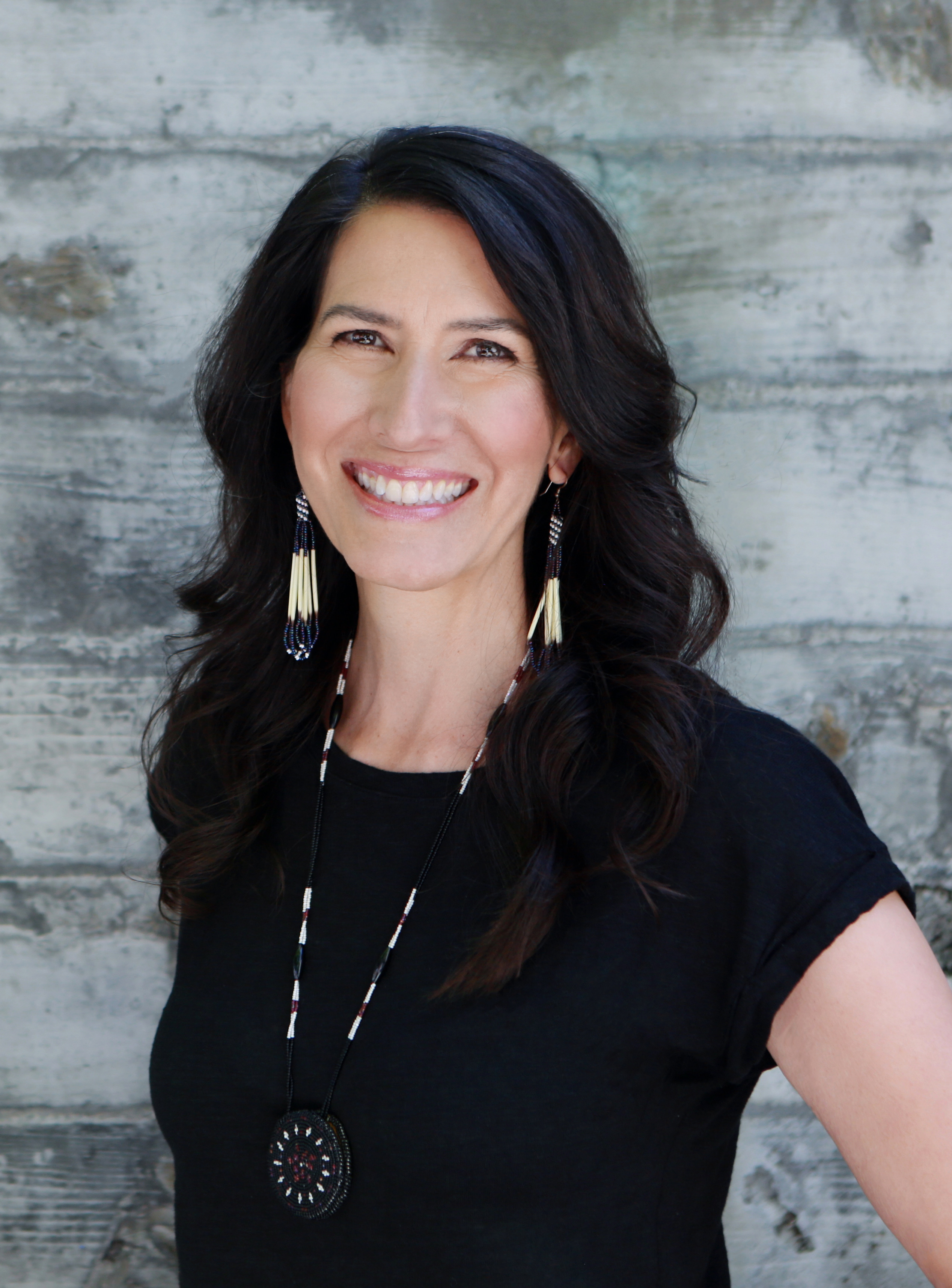
Beth H. Piatote (Associate Professor of Comparative Literature and English) is affiliated faculty in the Department of Linguistics at the University of California, Berkeley. She is the author of two award-winning books: a scholarly monograph, Domestic Subjects: Gender, Citizenship, and Law in Native American Literature (Yale 2013); and a mixed-genre collection, The Beadworkers: Stories (Counterpoint 2019). She has published numerous scholarly articles, short stories, poems, and plays in journals and anthologies. Her research interests include Native American/Indigenous Literature, law, and culture; Nez Perce literature and language; Indigenous Language Revitalization; and creative writing. She is currently the chair of the Designated Emphasis in Indigenous Language Revitalization. She is Nez Perce, enrolled with the Confederated Tribes of the Colville Reservation, and works on various Nez Perce language projects with fellow tribal members at Lapwai, ID; Nespelem, WA; Pendleton, OR; and elsewhere. She is a founding member of luk’upsíimey/North Star Collective, a Nez Perce group dedicated to language revitalization through the arts.
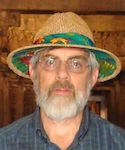
Richard Rhodes (Professor Emeritus of Linguistics) conducts research on topics relating to American Indian languages, particularly those of the Algonquian family, including bringing insights gained in fieldwork to bear on typology and on analytic issues in better studied languages. He has done extensive fieldwork on the Ottawa dialect of Ojibwe which is spoken in Michigan and southern Ontario, and on Métchif, a language of the northern plains consisting of French and Cree elements. He has also done fieldwork on Sayula Popoluca, a Mixe-Zoquean language of southern Mexico. His most important work is the Eastern Ojibwe-Chippewa-Ottawa Dictionary which incorporates two dialects of Ojibwe. He has written extensively on the syntax of Ojibwe, on topics of Ojibwe ethnohistory, and on the lexicography of American Indian languages.
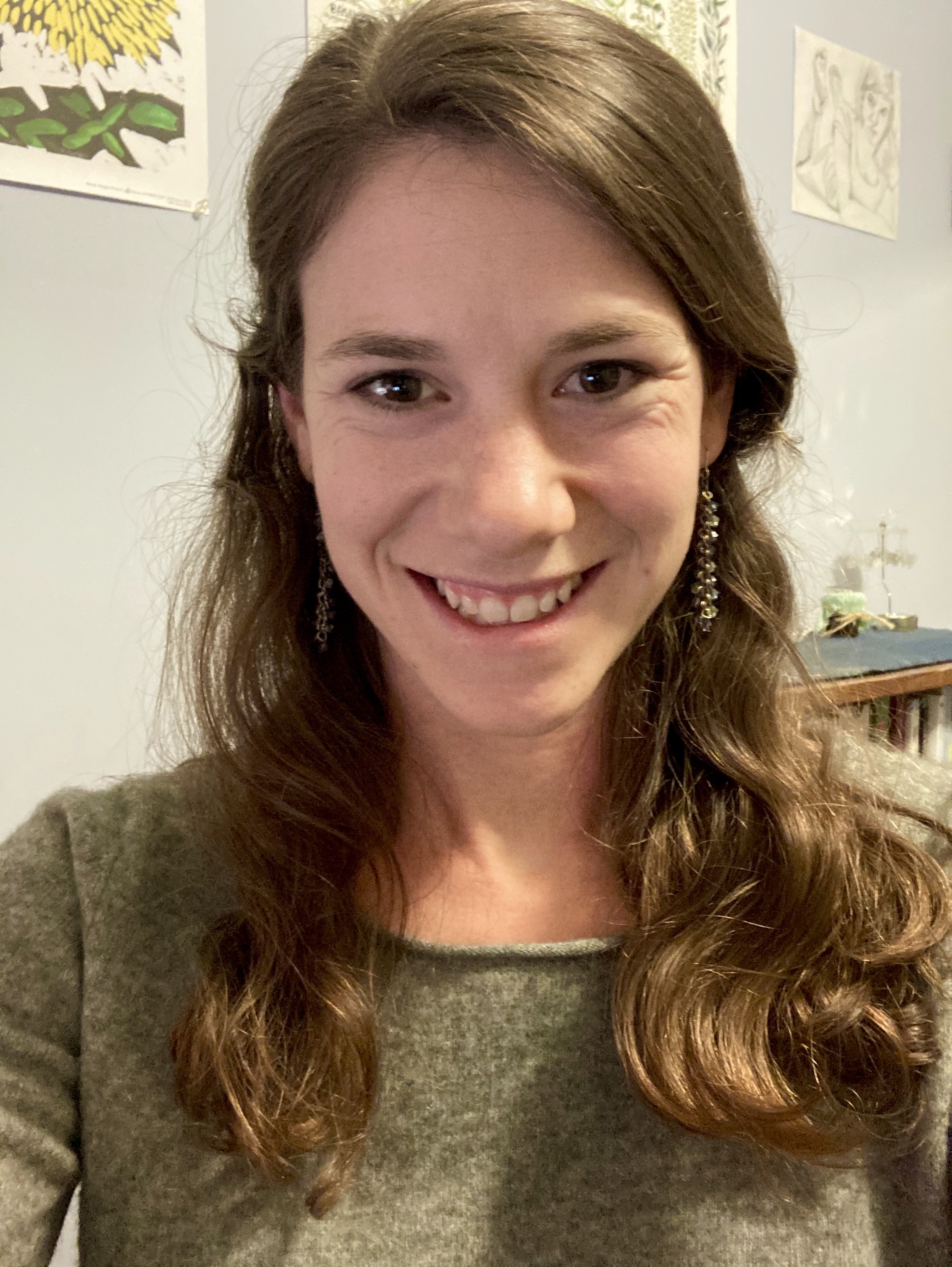
Allegra Robertson (PhD 2025, Linguistics) is interested in Amazonian languages, indigenous language revitalization, phonetics and phonology. She began conducting fieldwork in Guyana in 2017, where she documented Warao (isolate) with a focus on imperatives and morphology. Her current research focuses on contrastive phonation and gradient weight in Yanesha’ (Arawak), from phonetic, phonological, and historical perspectives. Since 2017 she has also been involved in the Berkeley Comparative Arawakan Project, led by Lev Michael.
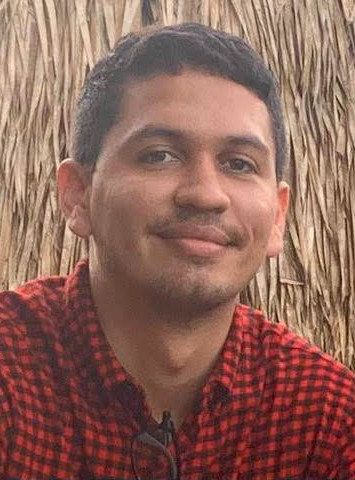
Wesley dos Santos (PhD 2024, Linguistics) is interested on the documentation and analysis of grammatical phenomena of South American languages. His current work focuses on Kawahíva (Tupí-Guaraní), an endangered Amazonian language of Brazil spoken by some 550 speakers in the states of Amazonas, Mato Grosso and Rondônia. In particular, he has been documenting the differences and conditioning factors in constituent order, person-marking indexes and dependent clauses of Kawahíva varieties known as Juma (ISO code: jua) and Uru Eu Wau Wau (ISO code: urz).